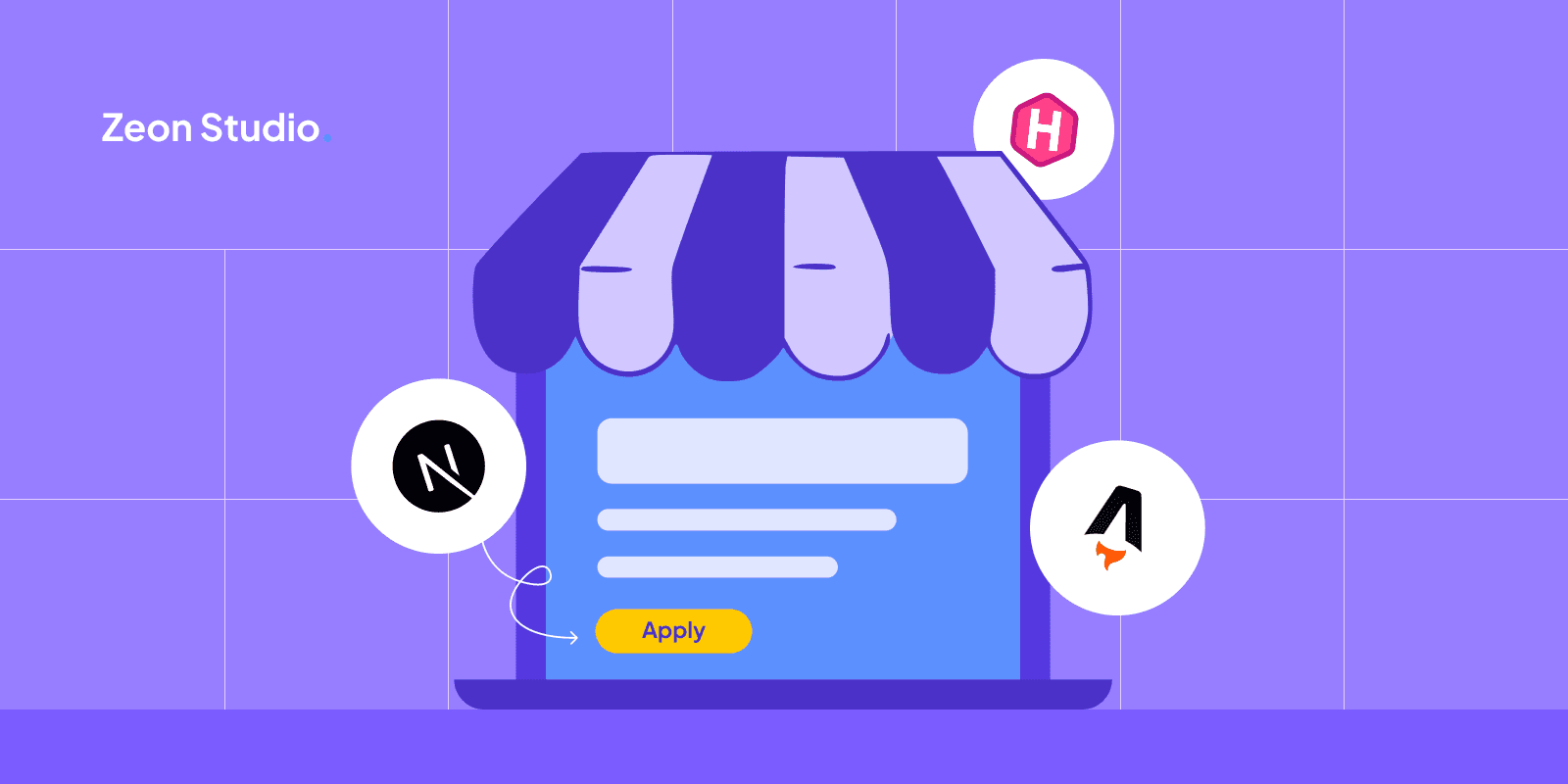Are you a local business owner feeling overwhelmed by the endless options and technical challenges of building your website? You’re not alone. In today’s fast-paced digital world, having a reliable, secure, and easy-to-manage online presence is more crucial than ever, especially for small businesses seeking to differentiate themselves in their community.
Over the past five years, we’ve helped countless local entrepreneurs cut through the noise and discover website solutions that actually work for their unique needs. In this guide, we’ll share why static websites are often the secret weapon behind successful local businesses, drawing from real-life stories and practical experience to help you make the best decision for your business.
What is a Static Website?
A static website serves as a digital storefront for your business, displaying your services, location, contact details, and other essential information to every visitor. It delivers information quickly because it doesn’t rely on complicated systems or databases, so your pages load almost instantly.
You can easily update the content whenever needed, and the site remains reliable without unexpected downtime. Static websites also protect your business from many online security risks and cost less to host and maintain than more complex sites. For small businesses, this makes static websites a simple, safe, and effective way to build a professional online presence.
Key Benefits of Static Websites

Performance and Speed
Static websites load almost instantly because they serve pre-rendered files without server-side processing or database queries. Their lightweight structure makes them highly scalable, especially when distributed through CDNs, ensuring fast global delivery. This speed not only enhances user experience but also improves search engine rankings.
Reduced attack surface
Static websites do not use databases or server-side scripting languages (like PHP) to generate pages. This removes common attack vectors. With less to manage, they are naturally more secure and don’t need constant security updates like other types of websites.
Cost-effectiveness and Reliability
Static websites save you money because they cost less to host and don’t need powerful servers. You can easily update your site without dealing with complicated systems, and the site stays reliable with fewer chances of downtime or crashes. This means your business stays online smoothly and affordably.
Why Local Businesses Should Consider Going Static
1. Lightning-Fast Loading Speed
Fast website loading speed is one of the absolute top advantages of static sites for small businesses with no databases or bulky plugins slowing things down:
- Your homepage pops up almost instantly
- Customers stick around instead of bouncing off frustrated
- Mobile visitors have a much better experience
2. Rock-Solid Security
Static sites are some of the most secure websites for local companies you can build simply because there’s so little surface area for hackers:
- No outdated content management systems needing constant patching
- Almost zero risk from plugin vulnerabilities
- Sensitive info (like client forms) routed securely through third-party services if needed
3. Affordable Web Solutions
If we had a nickel for every dollar wasted on unnecessary monthly website fees, we’d be swimming in nickels. Static sites are, quite simply, some of the most affordable web solutions for local businesses:
- No expensive servers needed; hosting is so simple you can use Netlify or Vercel free tiers!
- Rarely any licensing or renewal costs outside maybe your domain name
- Way fewer hidden expenses since you don’t need premium security add-ons
4. SEO Benefits You Can Actually See
People sometimes think you “need” WordPress because it’s good for Google, but honestly, the opposite might be true these days because (and this matters) search engines reward pages that load quickly and don’t hide info behind slow scripts. There really are strong SEO benefits of static sites, especially locally:
- Faster sites = higher rankings in Google Maps results
- Clean simple code helps Googlebot index everything efficiently
- Secure HTTPS (super easy with Netlify and others) boosts trust signals
Real Talk: Is There Ever a Downside?
Static websites are not a perfect fit for every situation, but for most local businesses, they cover all essential needs. If your website requires complex features—such as user accounts, membership portals, or extensive e-commerce catalogs—a dynamic platform may be more appropriate.
However, if your primary goals are providing clear information, generating leads through contact forms or calls, sharing your location and hours, or posting updates and news, static websites excel.
Many of our clients report that switching to a static site gives them a sense of control and simplicity. They no longer feel burdened by technical complexities and can focus on running their business while enjoying a reliable, fast, and secure online presence.
Frequently Asked Questions About Static Site Generators
Q: Will my site still show up on Google if I switch to a static site?
A: Absolutely. Static sites are highly SEO-friendly because they load quickly and have clean, easily indexed code. In fact, many businesses see improved search rankings after migrating.
Q: Can I still have features like contact forms or booking systems?
A: Yes! Static sites can integrate with third-party services for forms, bookings, and even e-commerce. These integrations are secure and easy to manage.
Q: Is it hard to update content on a static site?
A: With modern tools like Sitepins, CloudCanon, you can edit content using simple interfaces, no coding required. We set up clients with user-friendly editors so they can update text, images, and menus themselves.
Q: What about security? Are static sites really safer?
A: Yes. Static sites have a much smaller attack surface since there’s no database or server-side code to exploit. This means fewer updates and less risk from hackers.
Q: How much does it cost to run a static site compared to WordPress?
A: Static sites are often much cheaper to host and maintain. Many clients move from paying $30–$60/month for managed WordPress hosting to $0–$10/month with static hosting providers.
Q: How do static and dynamic websites compare in cost for local businesses?
A: Static websites are cheaper to host and maintain because they don’t need complex systems. Dynamic websites cost more and often require ongoing updates or developer help. For most local businesses, static sites provide a reliable, affordable solution.
Q: Can I migrate my existing WordPress site to a static site?
A: Definitely. We specialize in helping businesses migrate their content and design from WordPress to a static site generator, ensuring a smooth transition with minimal downtime.



